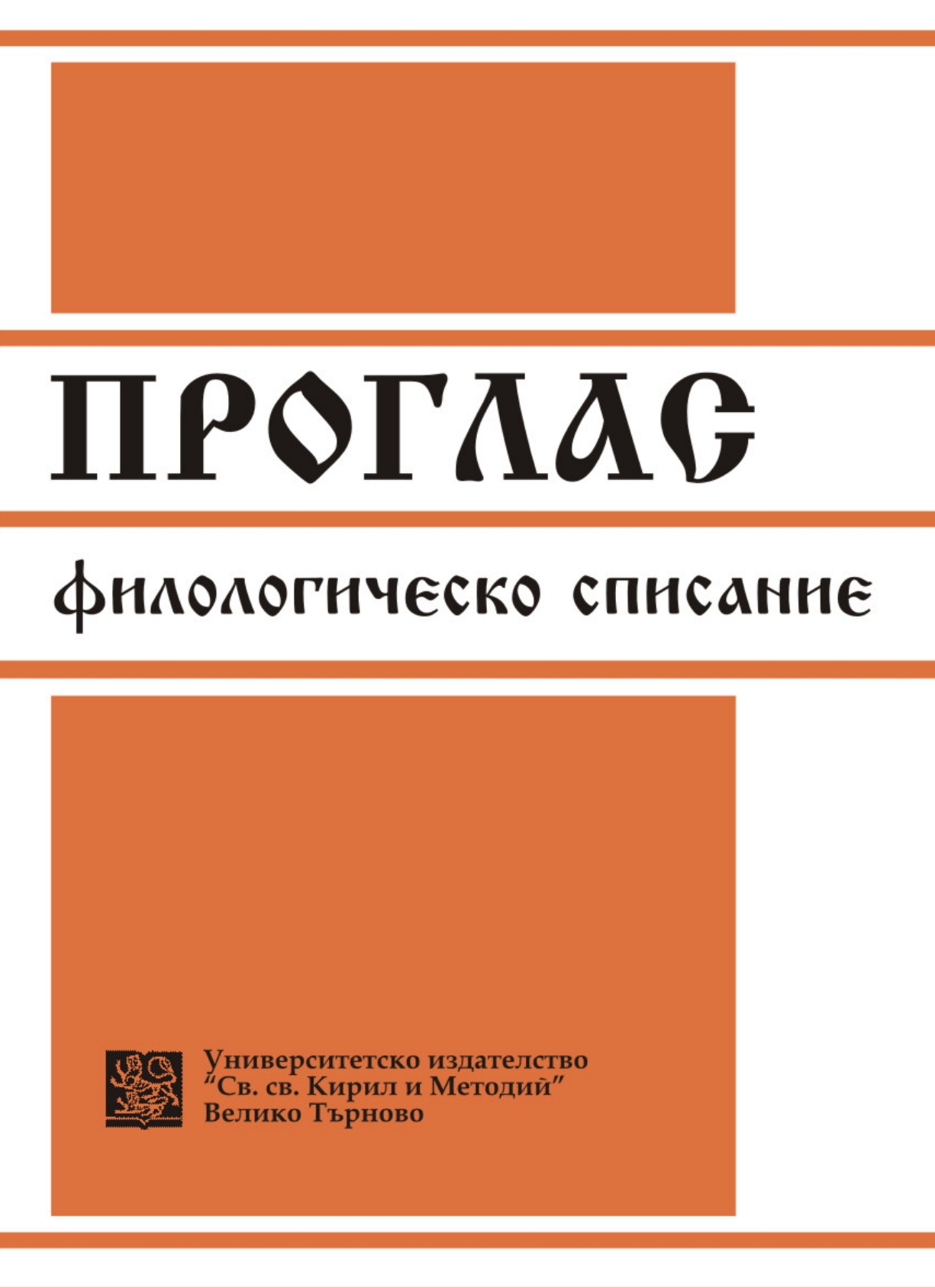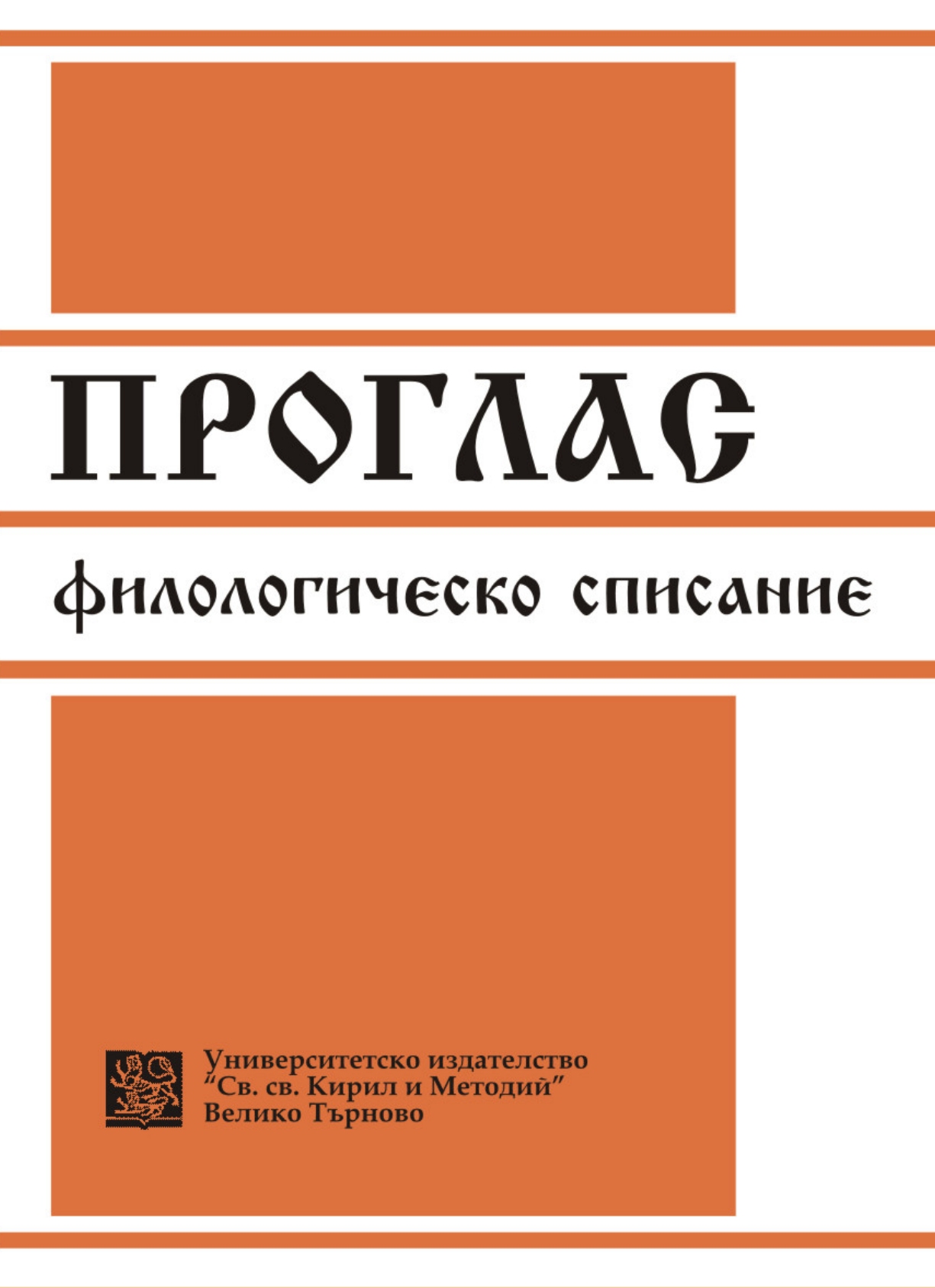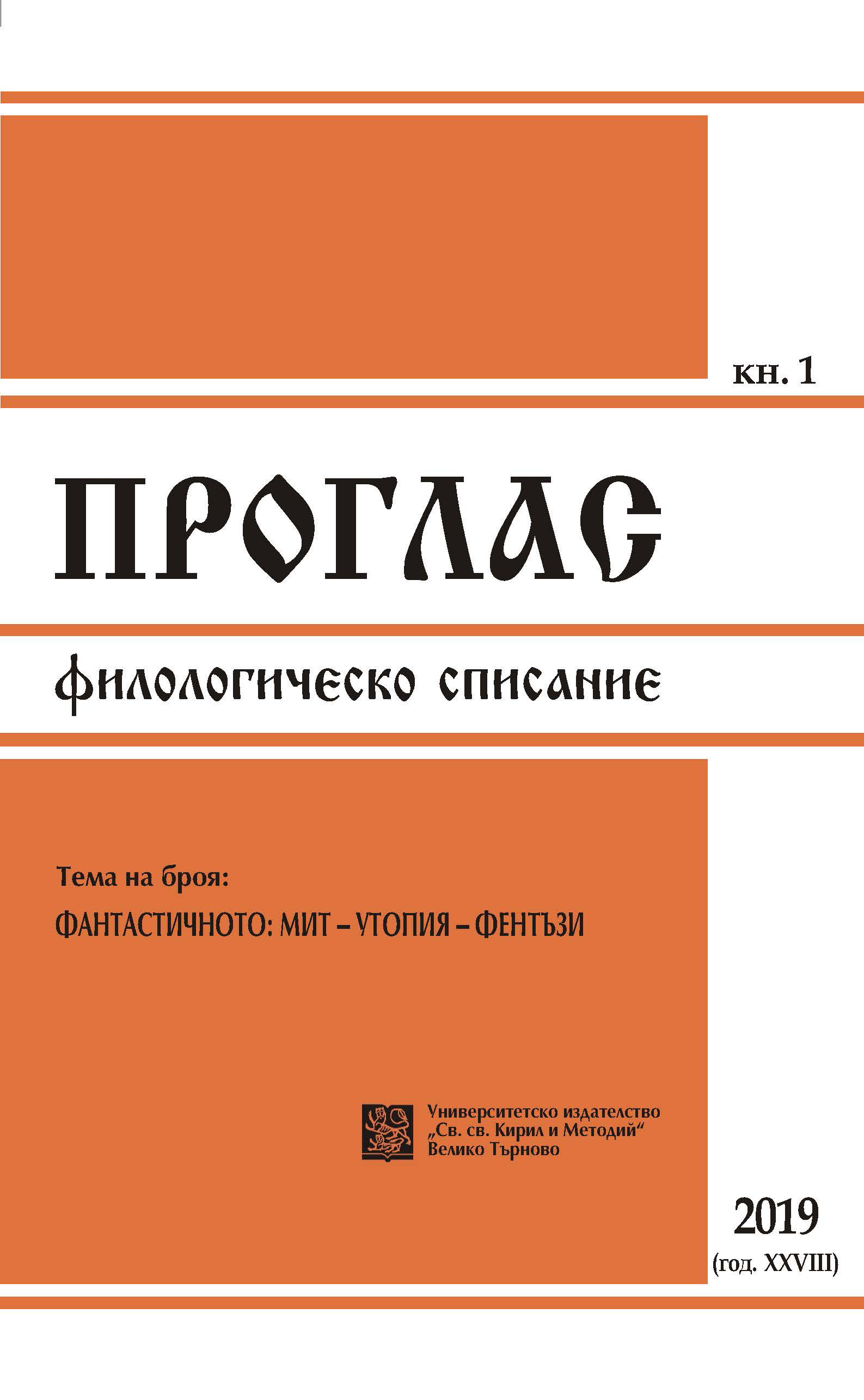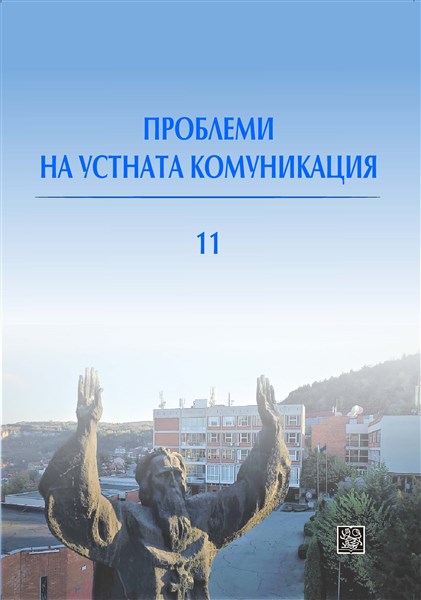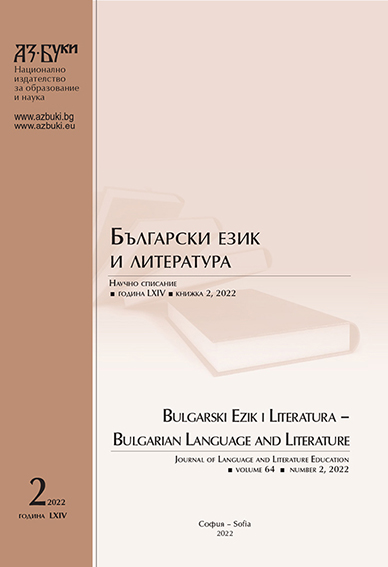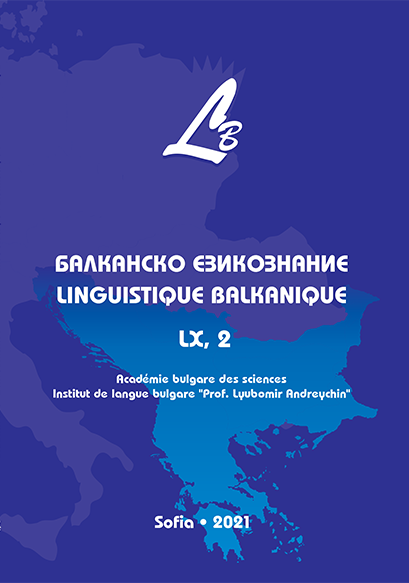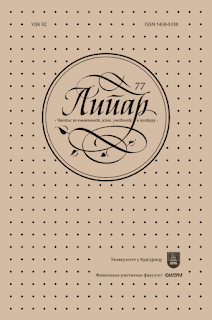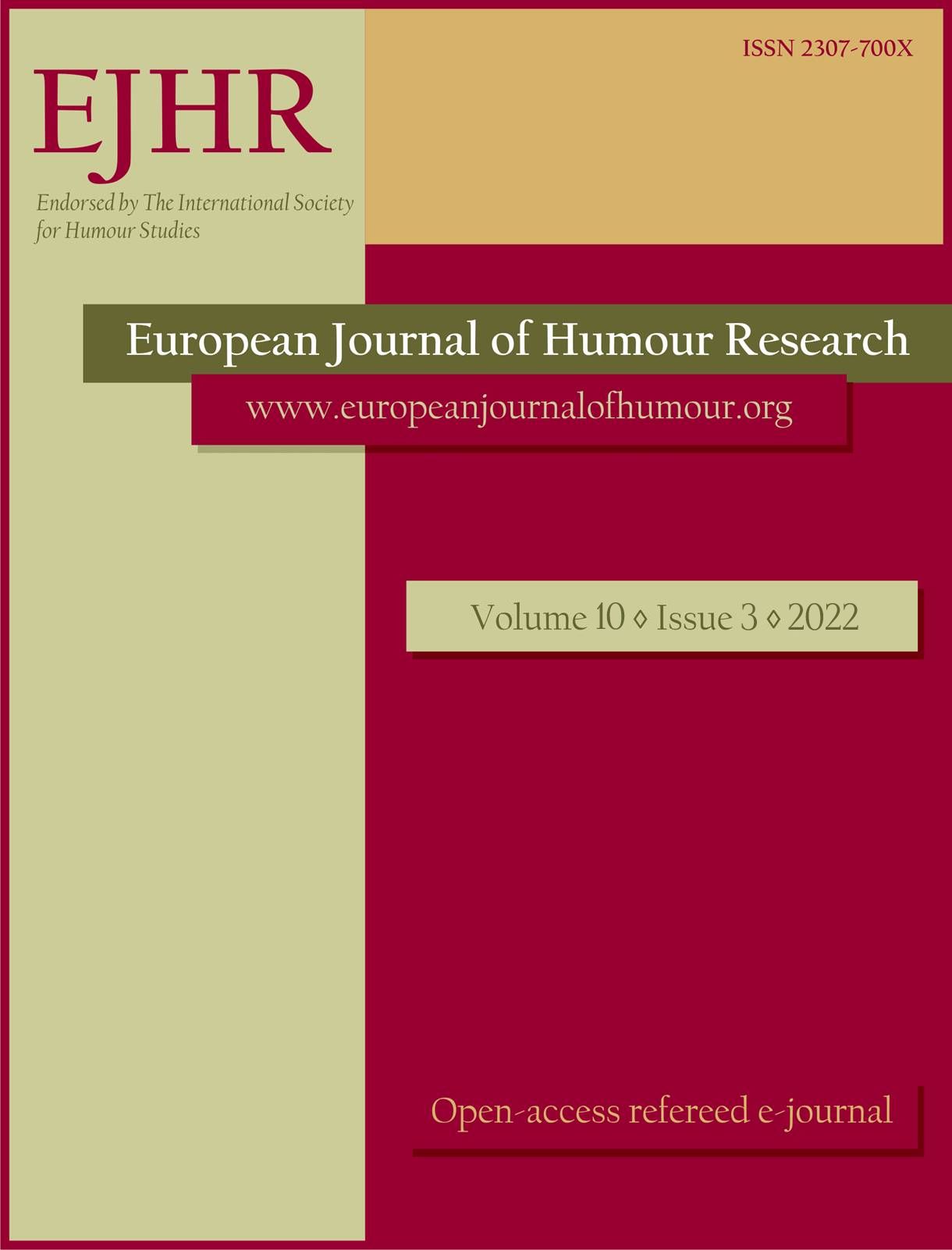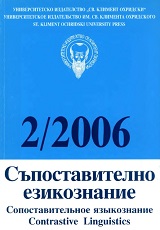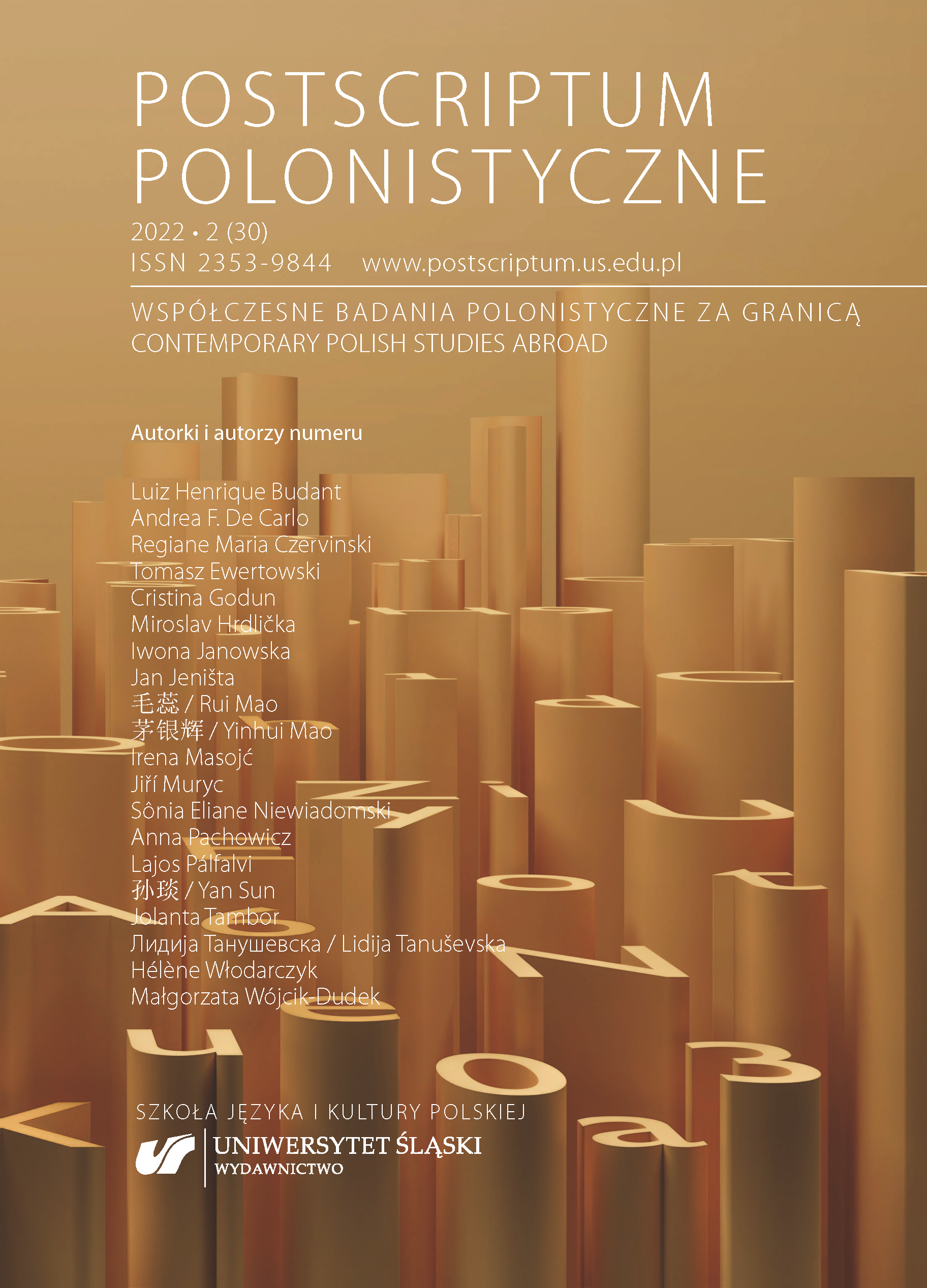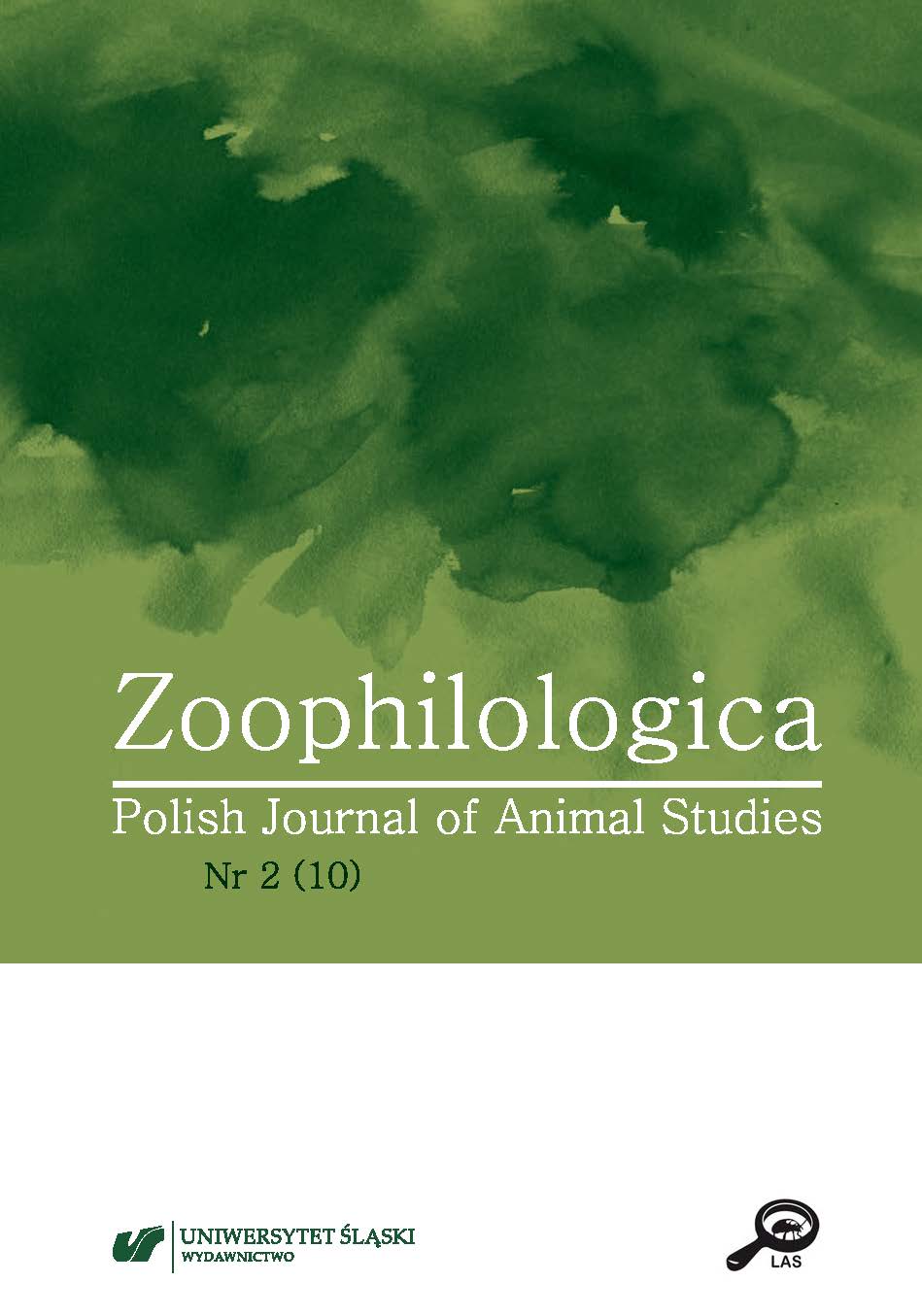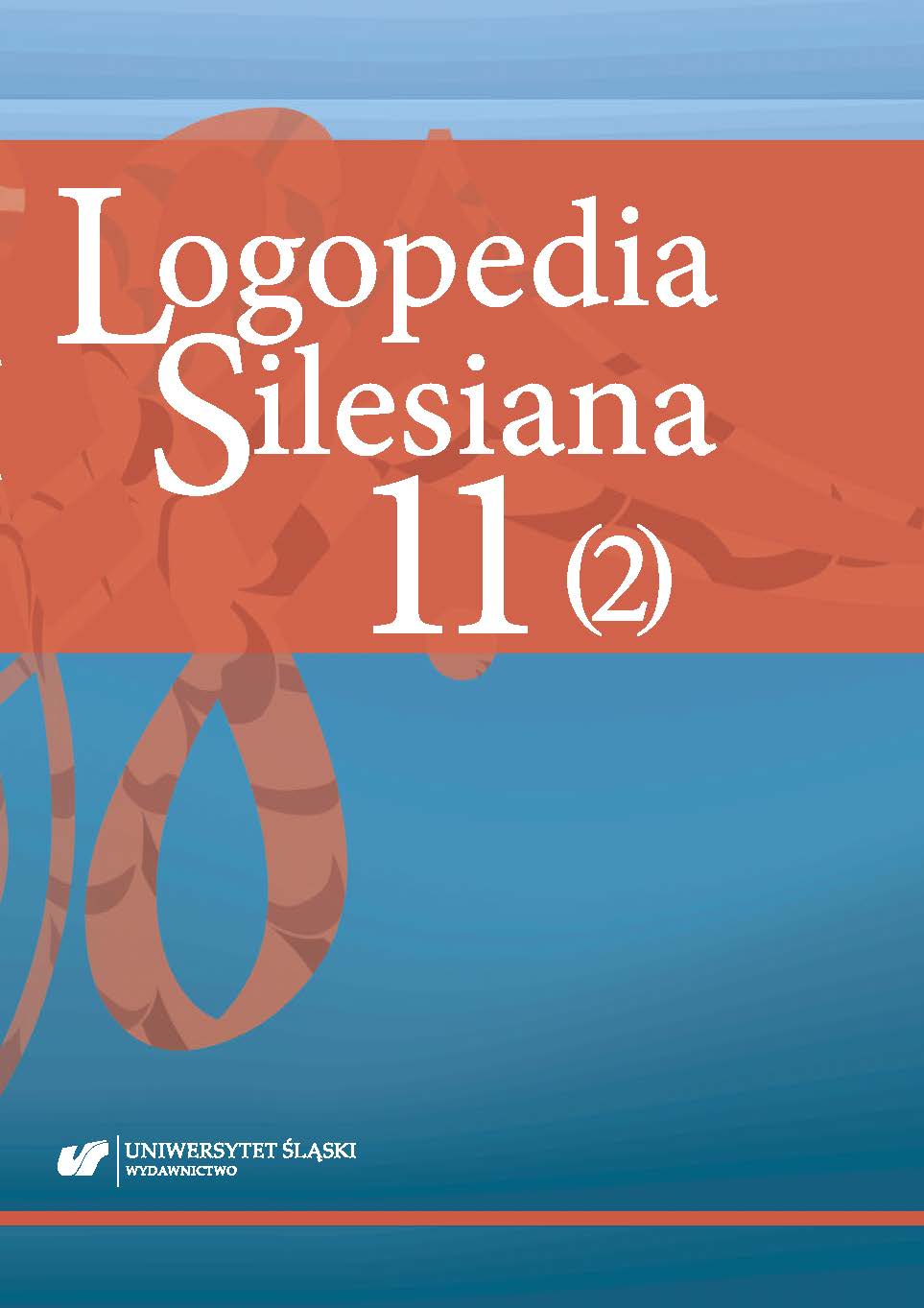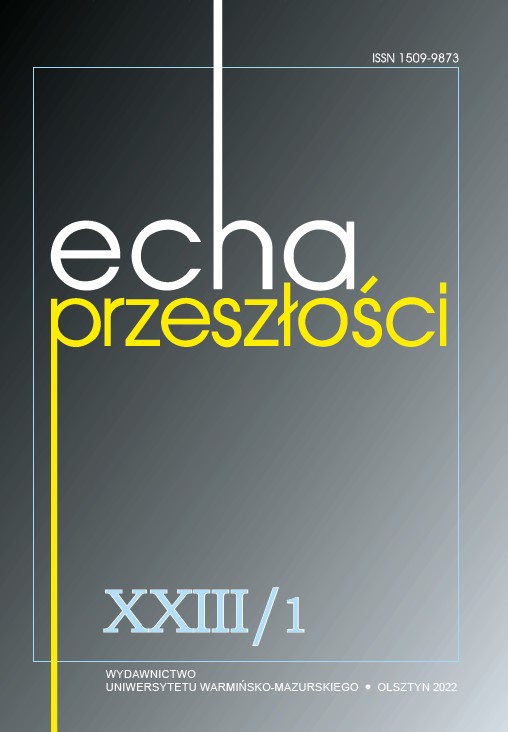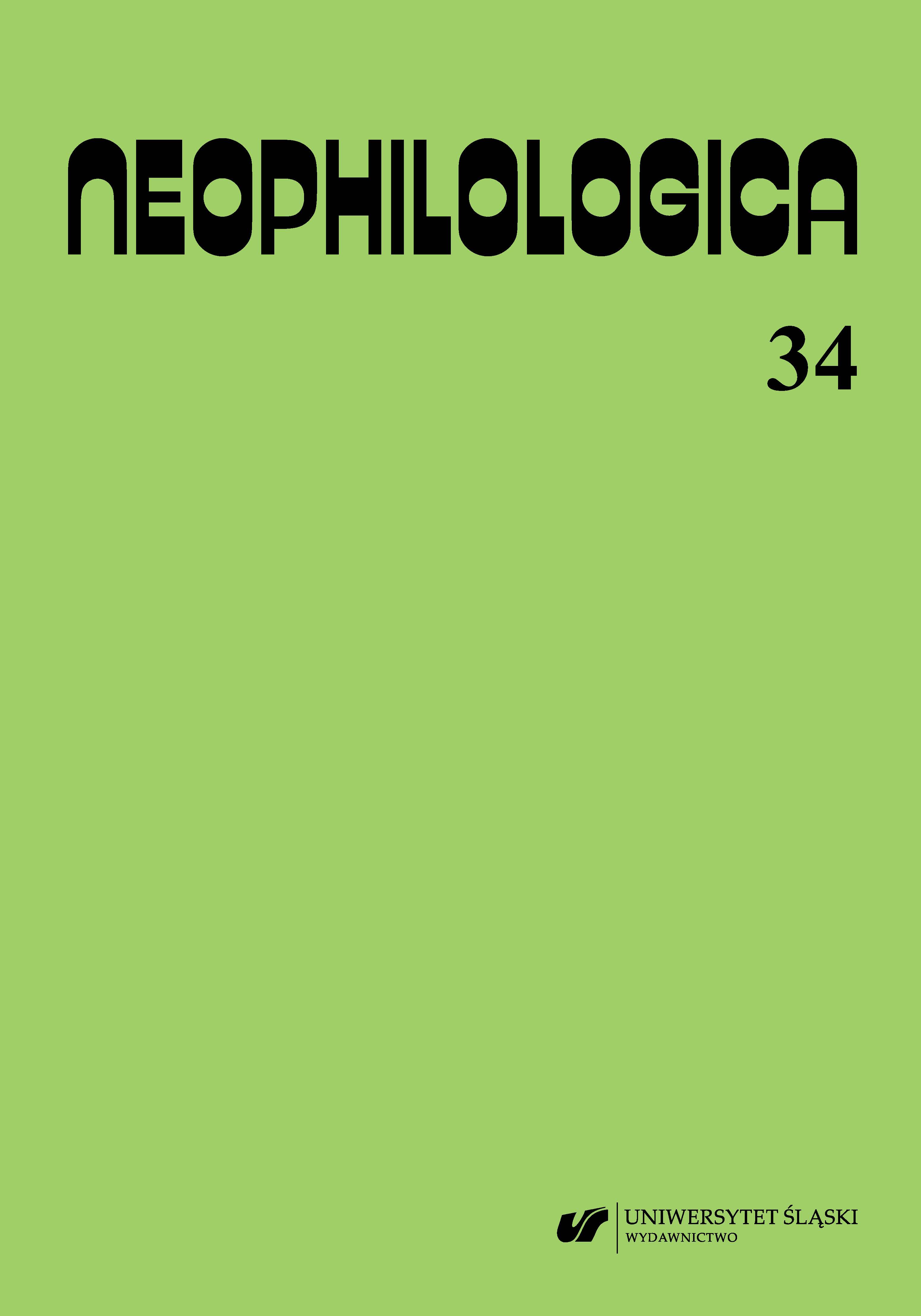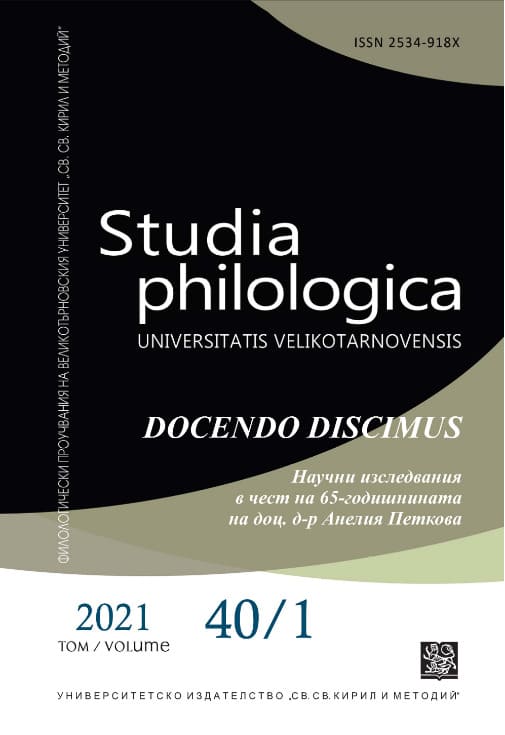Author(s): Hélène Włodarczyk / Language(s): English
Issue: 2/2022
I took up the topic of grammatical gender in Polish due to the fact that the theories of 5, 7 and even 9 genders (including the so-called personal-masculine gender in plural) accepted in Poland since the second half of the 20th century give rise to unnecessary difficulties for foreigners attempting at correctly building Polish sentences such as Matka i dziecko nie mogli się sobą nacieszyć. (‘Mother and child could not stop enjoying each other’). The research I conducted as part of interactive linguistics (using the Prolog artificial intelligence language and the SEMANA platform) showed that the theory distinguishing the category of gender from the category of animacy (as in comparative Slavic linguistics) is more economical and gives better results (than the theory of 9 genders) both in the analysis and production of utterances. Additionally, due to the “personal-masculine” gender introduced into Polish grammar, there arose a debate on the possible “male-chauvinistic” character of the Polish language, and consequently of the entire Polish culture. In response to this, I argue that one should not too hastily identify grammatical categories with cognitive categories, especially since in all European languages I know, it is the masculine gender which is the unmarked gender (-feminine). It follows from this that the masculine gender has two meanings, one broad and more abstract (e.g., man as a human being in general) and one narrow indicating only men (e.g., man as a male person). Recently, however, the non-marked meaning of the masculine gender has been undermined by the so-called inclusive speech. In Polish, in the plural, the so-called masculine-personal form indicates either a group of men or a group of entities among which is at least one human being regardless of gender (in the utterance quoted above, in which the verb nie mogli (‘could not’) exhibits the so-called personal-masculine form, the feminine noun matka (‘mother’) and the neuter noun dziecko (‘child’) constitute a collective subject that occurs in grammatical agreement with the verb form in the masculine gender, acting as an exponent of the category of humanity (not “masculinity”). Thus, the so-called personal-masculine form is used with the unmarked gender meaning of a personal (or human) form (+human, -feminine). The research I conducted shows that in contemporary Polish the category of gender has the following meanings: masculine, feminine, and neuter, and the category of animacy: inanimate (-animate), human animate (+animate, +human), and non-human or animal animate (+animate, -human).
More...
